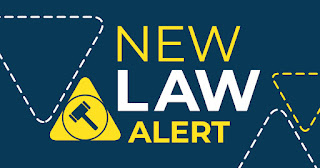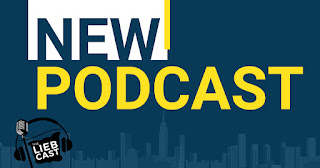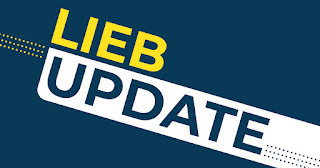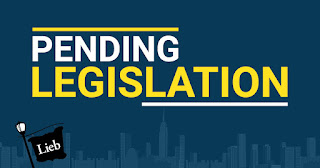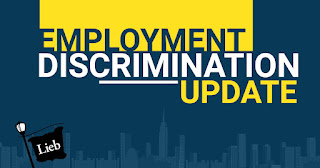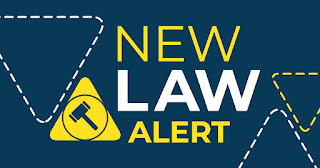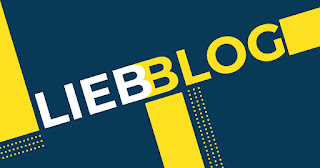Upon the legalization of cannabis in New York State, Section 201-D of the New York Labor Law ("Discrimination against the engagement in certain activities") was amended to prohibit employers from discriminating against employees for using cannabis outside of the workplace on their own time.
The Department of Labor ("DOL") recently issued guidance (in the form of frequently asked questions) regarding certain elements of the law:
- Employee Discipline: While employers may not discipline employees for using cannabis while off-duty and off-premises, employers may take action against employees who "manifest specific articulable symptoms of impairment" on the job. The DOL guidance defines "articulable symptoms of impairment" as "objectively observable indications that the employee's performance of the duties of the position are decreased or lessened." For example: operating heavy machinery in a reckless manner would likely qualify. The DOL further specified that the following are not, without more, "articulable symptoms of impairment":
- positive test for cannabis;
- odor of cannabis; and/or
- other typical observable signs of cannabis use.
- Use at Work: Employers may prohibit cannabis use and possession during all work hours which include breaks and meals periods, even if the employee leaves the worksite, and when an employee is "on-call."
- Drug Testing: Employers may not test employees for cannabis outside of the following circumstances:
- It is required by state or federal law for a particular position;
- The employer would lose a federal contract or federal funding; or
- The employee manifests "specific articulable symptoms of impairment" (although an employer may not discipline an employee based solely on a positive test, as stated above).

